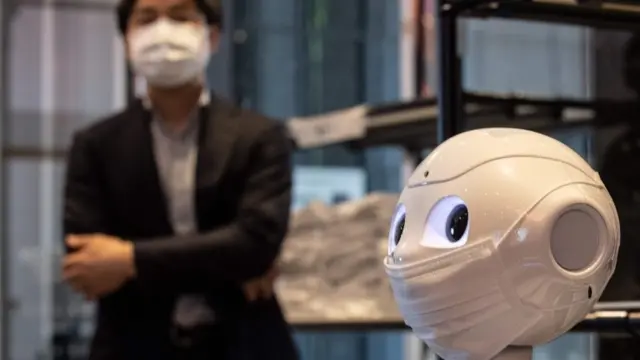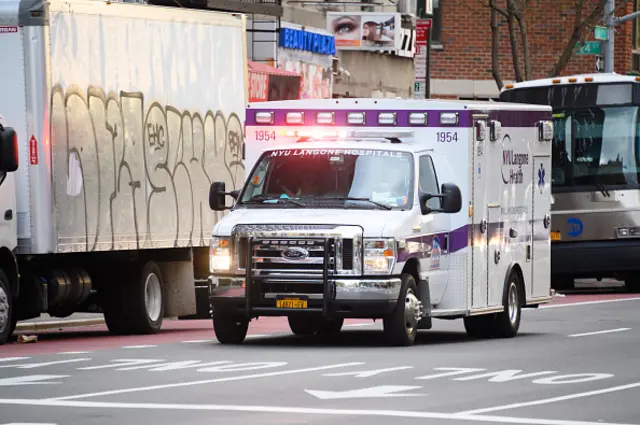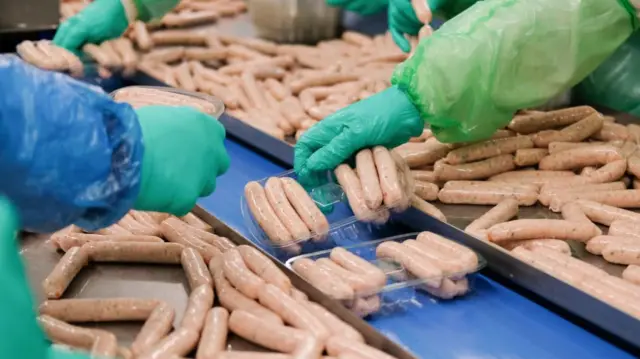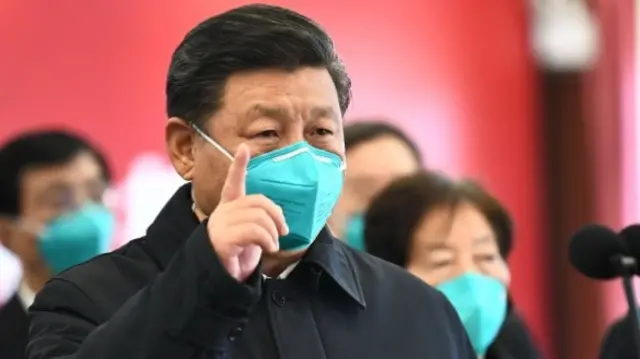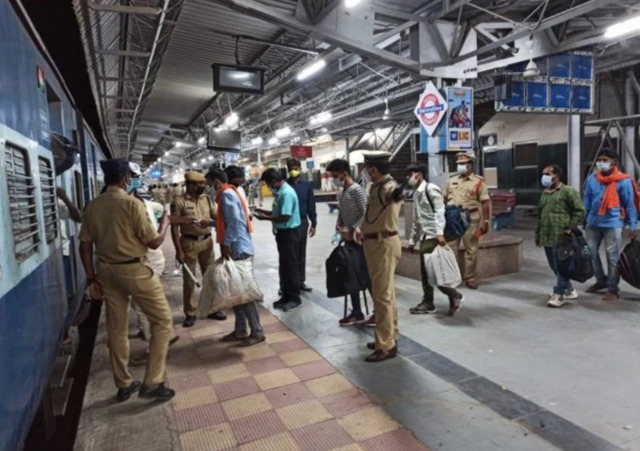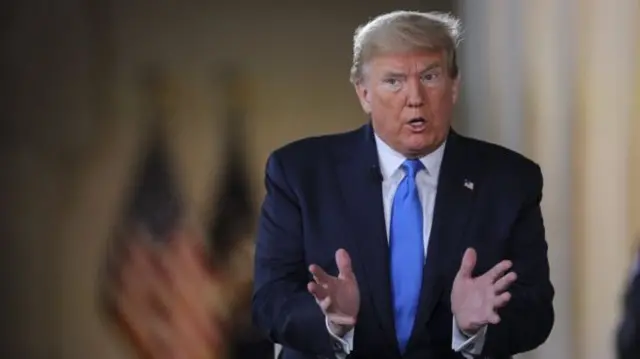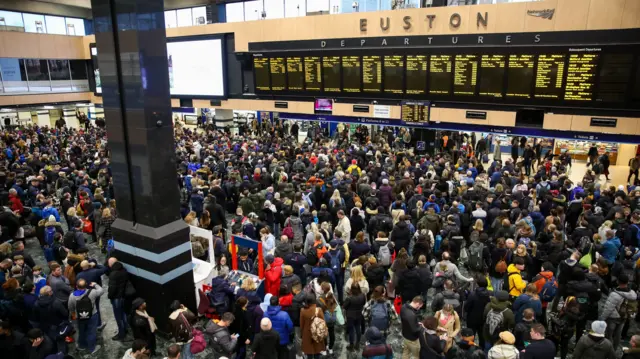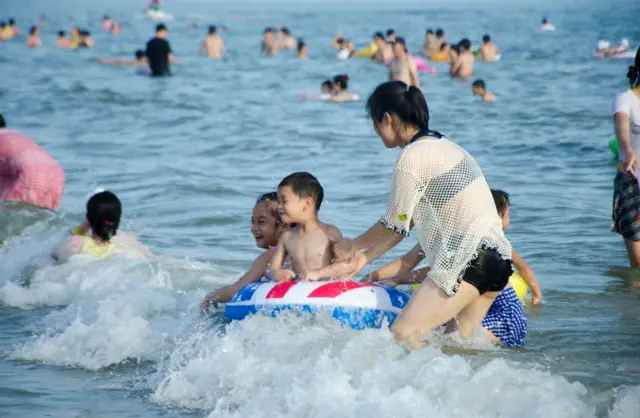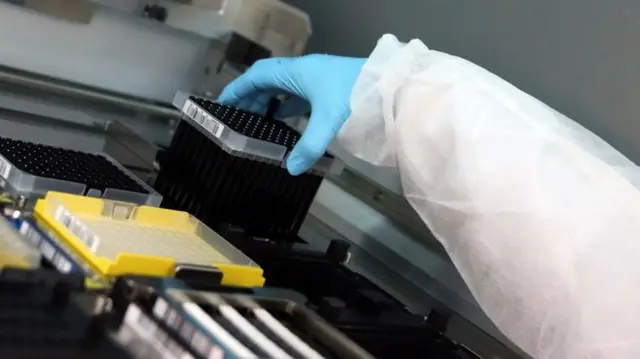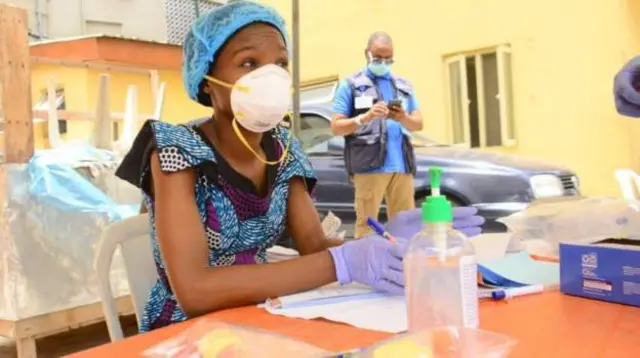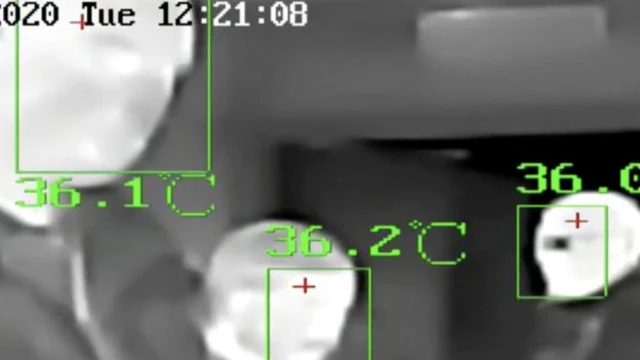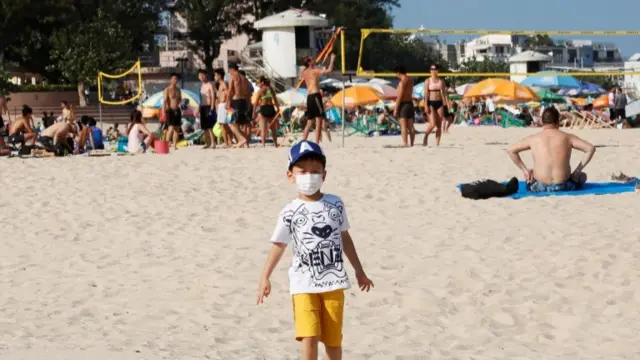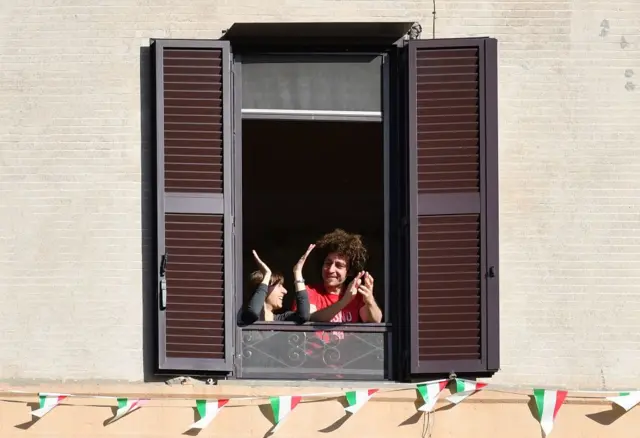Greece and Croatia acted fast - now they need to save summerpublished at 09:35 BST 4 May 2020
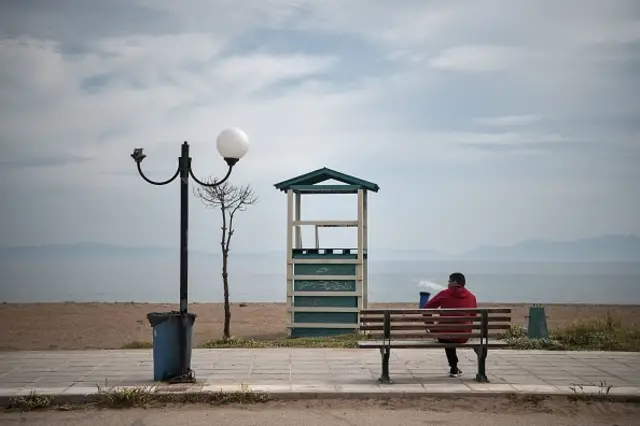 Image source, Getty Images
Image source, Getty ImagesGreece has always prided itself on its sunny weather, beaches and islands. And anyone familiar with the coast of Croatia will know that finding towel room on its increasingly crowded beaches is a challenge.
But despite both countries moving fast to stop the spread of coronavirus, it's threatening to ruin the summer season - a period vital to their economies.
About half of Croatia's 20 million annual visitors arrive in July and August, and tourism is responsible for at least a fifth of its economic output.
Tourism also accounts for around 25% of GDP in Greece, where the economy is only beginning to recover from an eight-year financial crisis.
